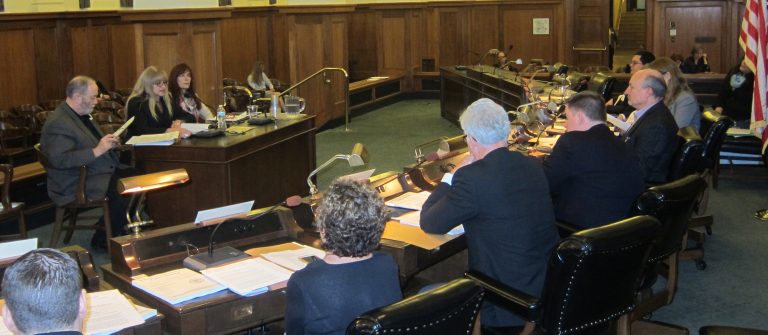By Libby A. Nelson
Higher education has played a surprisingly prominent (if hardly substantive) role in the race for the White House so far: plenty of mentions, but few new policy proposals.
But there are other elections happening Nov. 6, and so far in Congressional races, the issues most pertinent to colleges and universities have stayed out of the spotlight. While plenty hangs on the occupant of the Oval Office, the outcome of those elections will also have a significant impact on higher education policy for the next few years.
The next Congress will confront huge budgetary challenges that could reshape federal financial aid programs. It will grapple with a projected shortfall in the Pell Grant. And members will probably at least begin considering a reauthorization of the Higher Education Act, the massive law that governs federal student aid, although few in Washington expect a full reauthorization in the next two years.
Most recent election polling has predicted that neither house of Congress will change hands, although the Democratic hold on the Senate is much less secure than the Republican hold on the House.
A Republican-dominated Senate would likely follow up on House efforts from earlier this year to get rid of some Education Department regulations on colleges, and apply less scrutiny to for-profit colleges than has been the norm in the Obama administration. But such a variety of crises will confront the new Congress that much of the agenda, for higher education as well as other areas, is already set.
More>>

